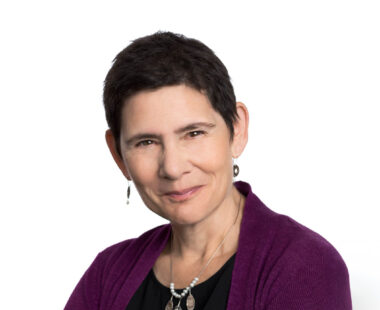The experiences of Owen Diaz speak for many African American workers in the U.S. today. Diaz was excited to work with Tesla with its reputation for cutting-edge technology, but this quickly soured when he was called the N-word repeatedly, told to go back to Africa, and accosted with graphic images that harkened back to the era of Jim Crow.
Diaz’ story obviously spoke to the jury, who awarded him $130 million in punitive damages and $6.9 million in emotional damages — possibly the largest award in a racial harassment case involving a single plaintiff in U.S. history. The decision in Diaz v. Tesla Inc. came out on October 4, 2021.
Saying vs. Doing
OIG managing partner Amy Oppenheimer served as an expert witness in this jury trial. During the trial, Amy stated that while Tesla had appropriate anti-harassment policies on paper, it failed to act on them. The company simply did not meet the standard of care they owed their workers. The lesson for other companies is that how a policy is enforced is critical to creating safe and inclusive workplaces. Her testimony also noted that when internal investigations into reported incidents occurred, they were not conducted by trained professionals.
What does this case signify as we try to move forward toward better workplaces?
This case should encourage companies to prioritize creating a better workplace for everyone who performs work for them – contractors, as well as employees. In addition to enforcing their existing policies, companies have a responsibility to properly train their workforces. Communicating expectations regarding how people should behave in the workplace environment is a fundamental duty incumbent on all companies.
Further, and sometimes overlooked, companies need to ensure that when their leaders and HR teams are presented with claims or uncover incidents in which workers are not adhering to company anti-harassment standards those leaders are properly trained to investigate thoroughly and respond appropriately. Tackling these problems without adequate experience and impartial perspective can exacerbate the problem. With a better response, Tesla might have avoided such a costly outcome.
If you’re curious to learn more, you may be interested in reading some of the coverage of the case in these resources:
- Law360 coverage of expert testimony: “Tesla Jury Told of Psychological Injury Suffered By Ex-Worker,” September 30, 2021 (subscription required)
- KQED’s coverage of the verdict, with commentary from Amy: “Tesla Ordered to Pay $137 Million to a Black Former Contractor Over Racist Treatment,” October 5, 2021
|


